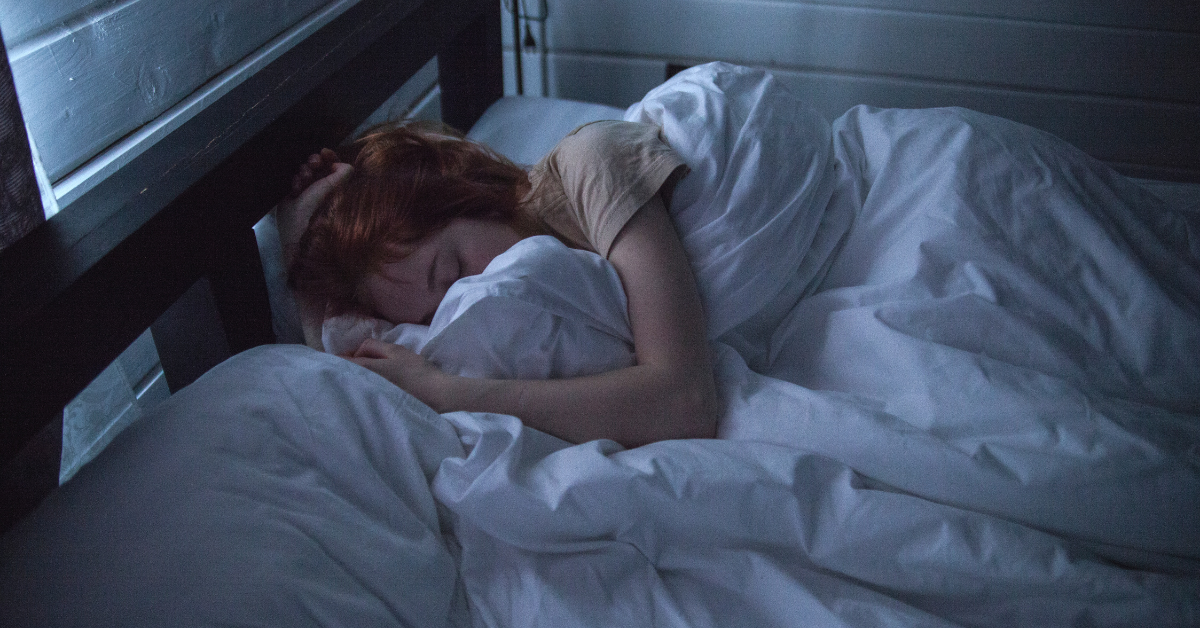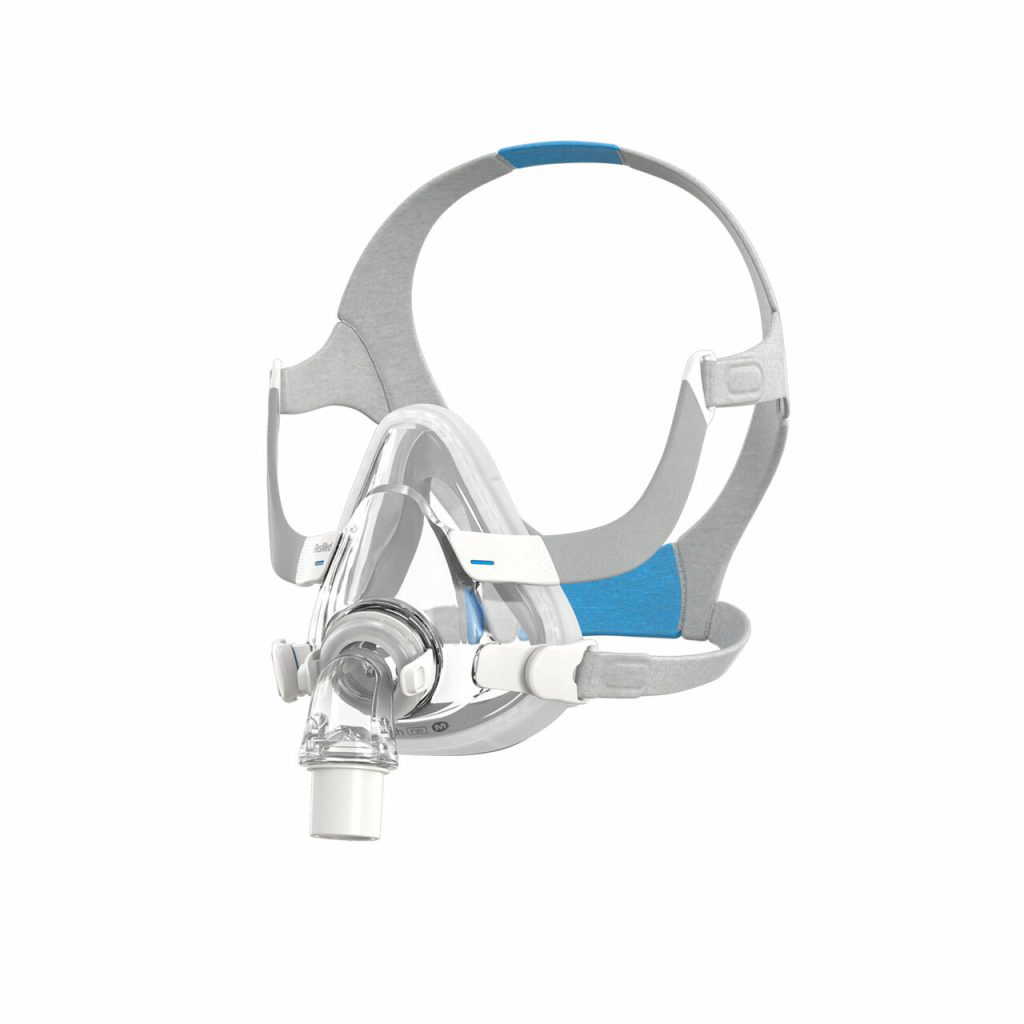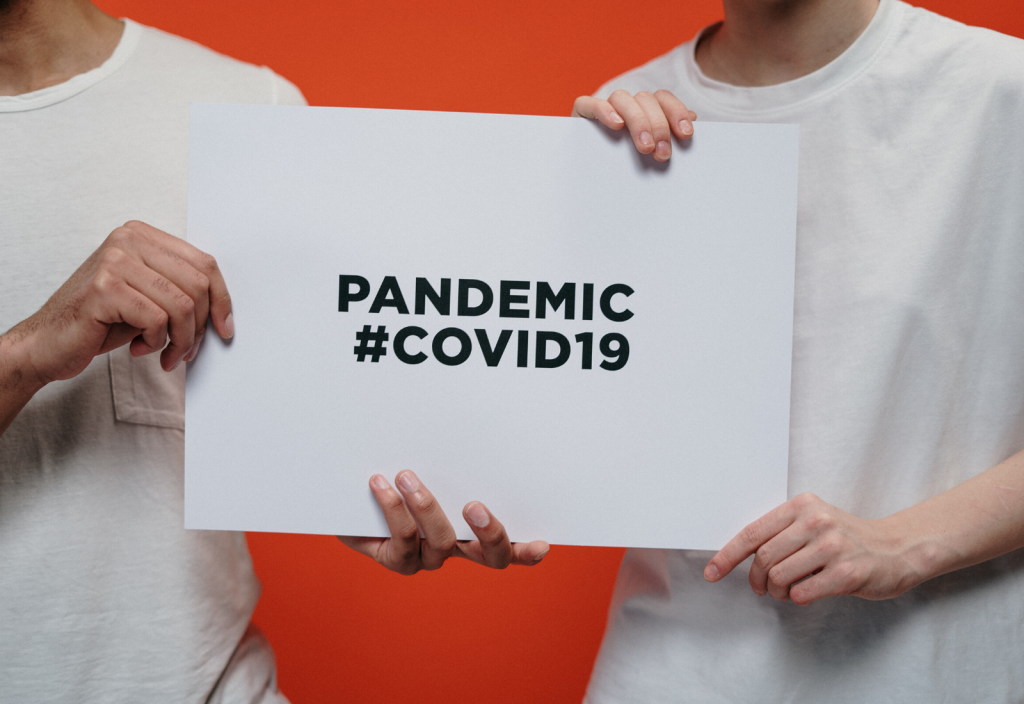Lack of sleep has lots of well-known effects like feeling grumpy, not working at your best and many more. But sleep deprivation also has profound consequences on your physical health. Learn about how sleep affects your lifestyle here.
How Sleep Affects Lifestyle
Lack of sleep has lots of well-known effects like feeling grumpy, not working at your best and many more. But did you know that sleep deprivation also has profound consequences on your physical health? Learn about how sleep affects your lifestyle here.
According to statistics, 1 out of 3 of us suffers from poor sleep with stress, computers and taking work home being the number one cause.
However, sleepless nights cost you more than just bad moods and loss of focus. Poor sleep may put you at risk of serious medical conditions like obesity, heart disease, diabetes and more – which can shorten your life expectancy.
It has been proven that a solid night’s sleep is essential for a long and healthy life. Learn more about the importance of sleep here.
How much sleep do we need?
How much sleep you need depends on a person – some need more and some less. What matters most is that you find out how much sleep you need and then try your best to achieve it.
As a general rule, if you wake up tired and looking forward to sleep or nap, you are not getting enough sleep.
A lot of factors can cause poor sleep, including health conditions like sleep apnoea. But in most cases, it’s because of unhealthy sleeping habits.
What happens if I don’t sleep?
After a poor night’s sleep, most people experience fatigue, short temper, and lack of focus. If it’s only occasional, you may feel tired and irritated but it won’t really harm your health.
After several sleepless nights, mental effects may start to be more serious. Brain fog will happen and may make it difficult for you to concentrate and make decisions. You’ll feel down and may fall asleep during the day. Injury and accidents also increase.
If it continues, sleep affects lifestyle and your overall health and makes you more prone to serious medical conditions like obesity, heart disease, high blood pressure and diabetes.
Here are 7 ways sleep can boost your health:
- Sleep boosts immunity
If you can easily catch every cold and flu going around, your bedtime could be to blame. Long term lack of sleep disrupts your immune system so you are less able to fend off bugs. - Sleep can slim you
Sleeping less means more weight for you. Studies show that people who sleep less than 7 hours in a day gain more weight and have a higher chance of becoming obese than those who sleep 7 or more hours a night.
Sleep-deprived people have lesser levels of leptin – chemicals that make you feel full, and increased levels of ghrelin – hormones that stimulate hunger.
- Sleep boosts mental wellbeing
A single sleepless night can already make you feel irritable and moody, so it’s not surprising that long term sleep deprivation may lead to depression and anxiety.
According to statistics, people with anxiety or depression sleep only less than 6 hours a night.
- Sleep prevents diabetes
Missing out on sleep changes the way the body processes glucose so people with less than 5 hours of sleep a night have an increased risk of developing diabetes. - Sleep increases sex drive
Research suggests that those with lesser hours of sleep have lower libidos and less interest in sex. Men with sleep apnoea tend to have lower testosterone level which lowers libido. - Sleep wards off heart disease
Sleep deprivation is associated with an increased heart rate, blood pressure and certain chemicals linked to inflammation.
- Sleep increases fertility
Regular sleep interruptions reduced the secretion of reproductive hormones in men and women which makes it more difficult to conceive a baby.
How to catch up on lost sleep
Get more sleep! It’s the only way to compensate. But it won’t happen in a single night, expect the recovery to take several weeks. The longer you are sleep deprived, the more recovery time you need.
Slowly try to add an extra hour or 2 to your sleep every night. Do this by going to bed when you’re tired and allow your body to wake up by itself – no alarms allowed!
Expect to sleep up to 10 hours during the first night. After a while, it will gradually decrease to the normal level.
Don’t rely on caffeine or energy drinks. It only boosts your energy and concentration temporarily, but may further disrupt your sleep pattern in the long term.
How’s your sleep quality? If you have questions or concerns, you can contact us here and talk to one of our sleep experts.









